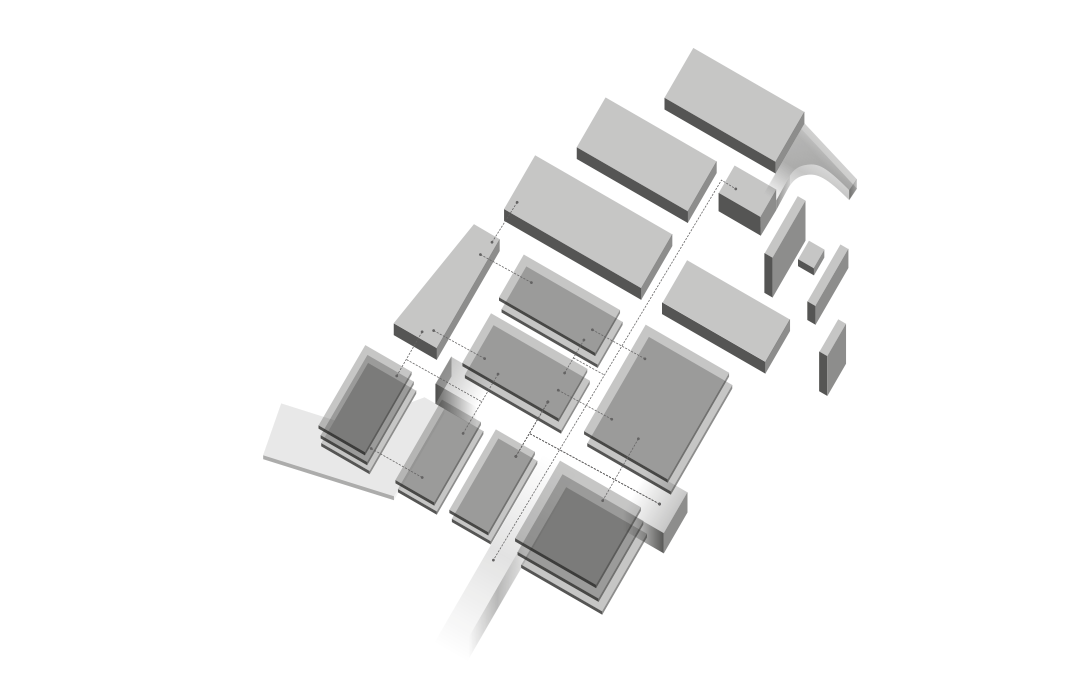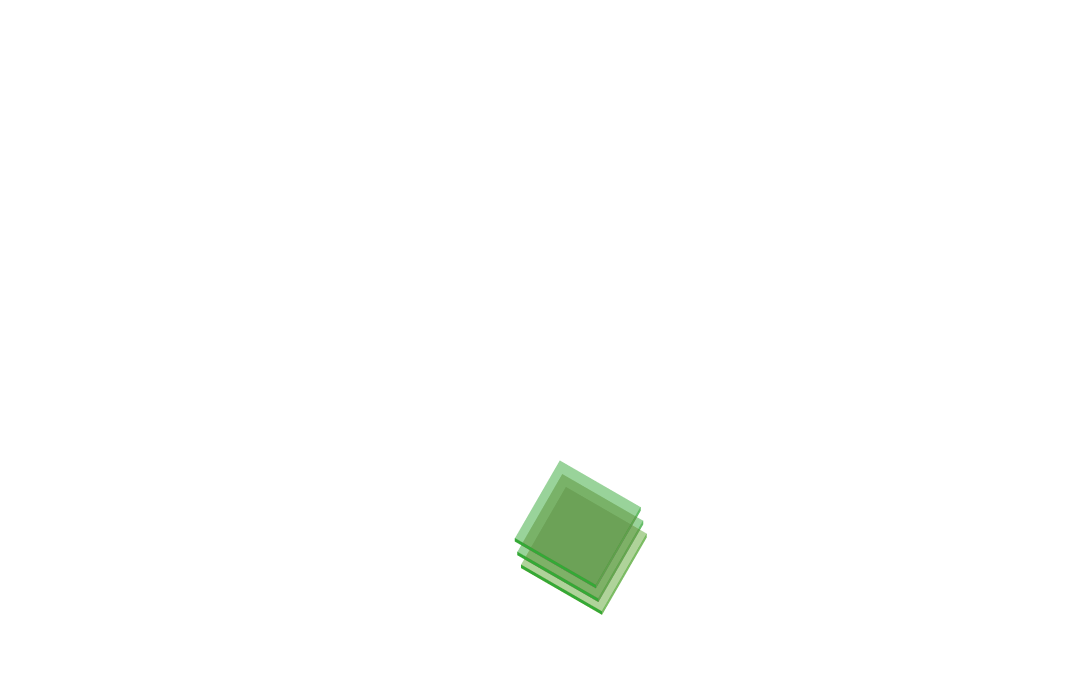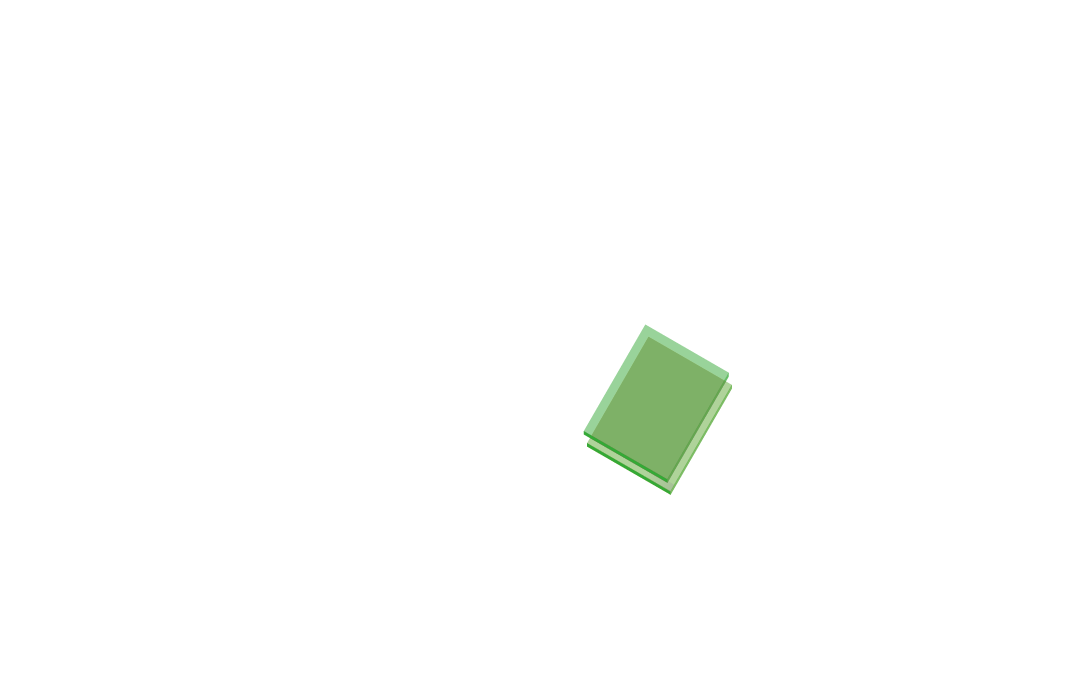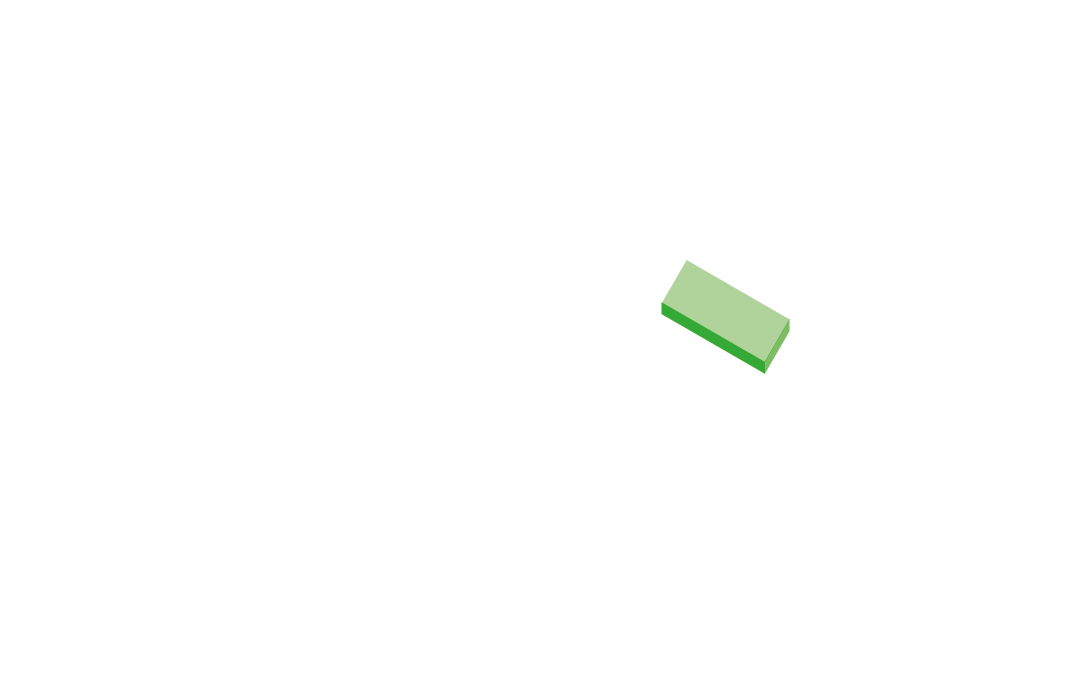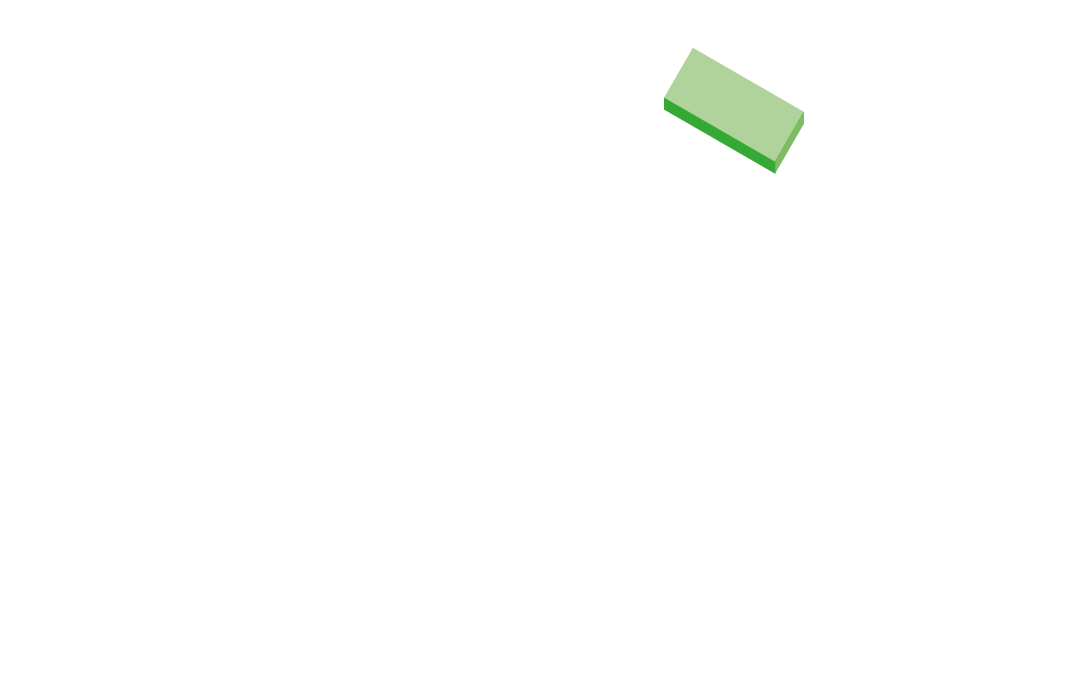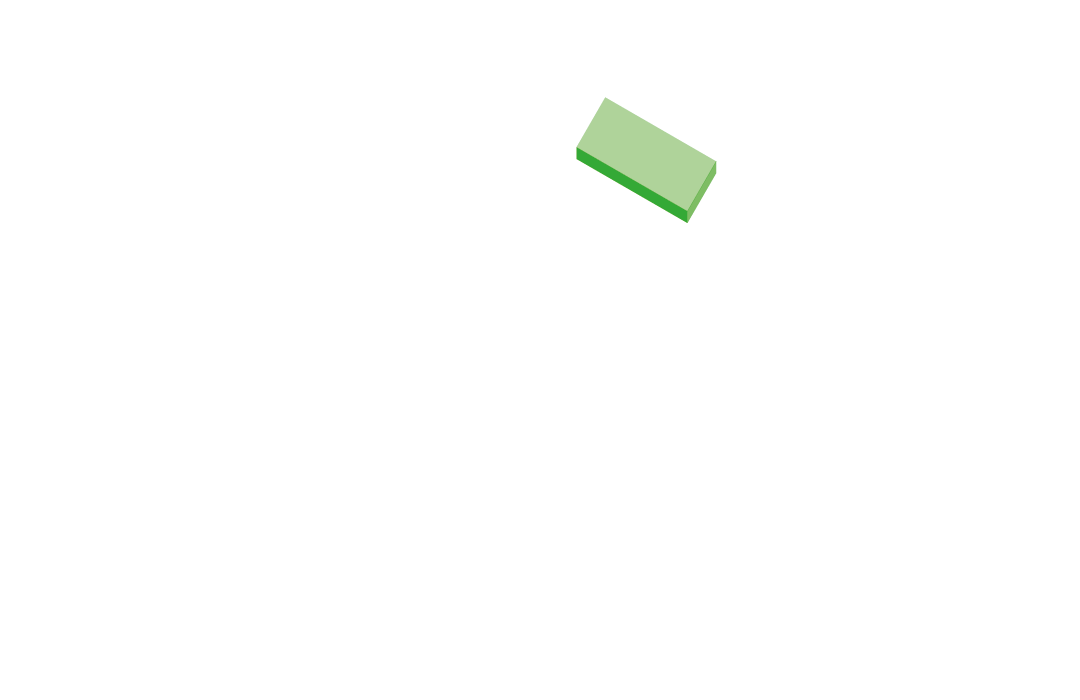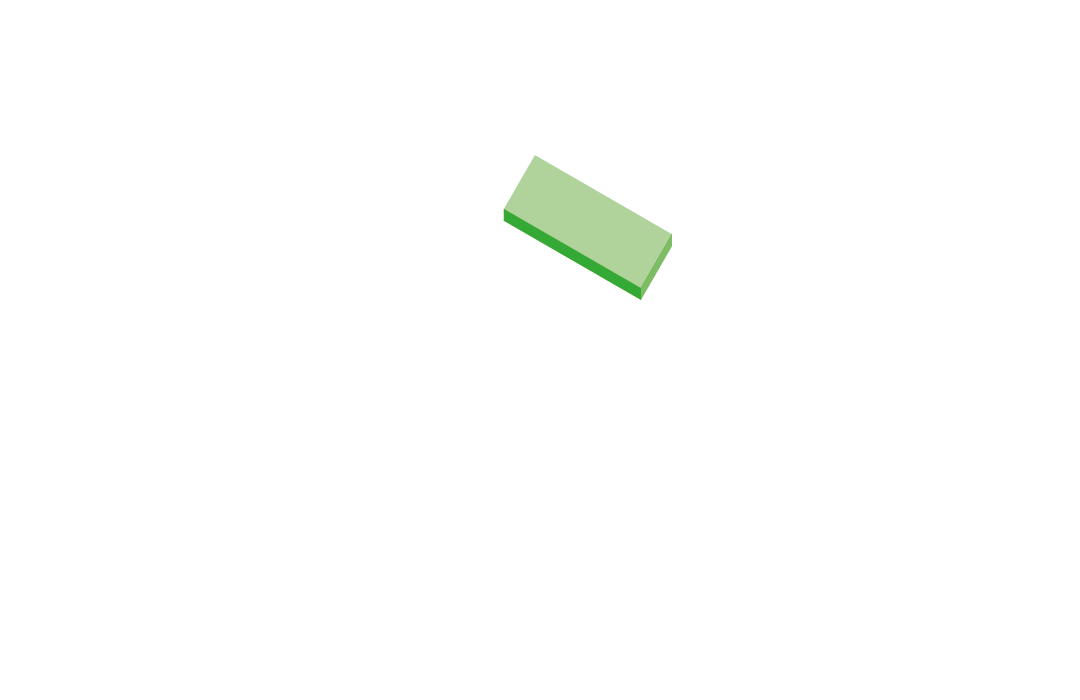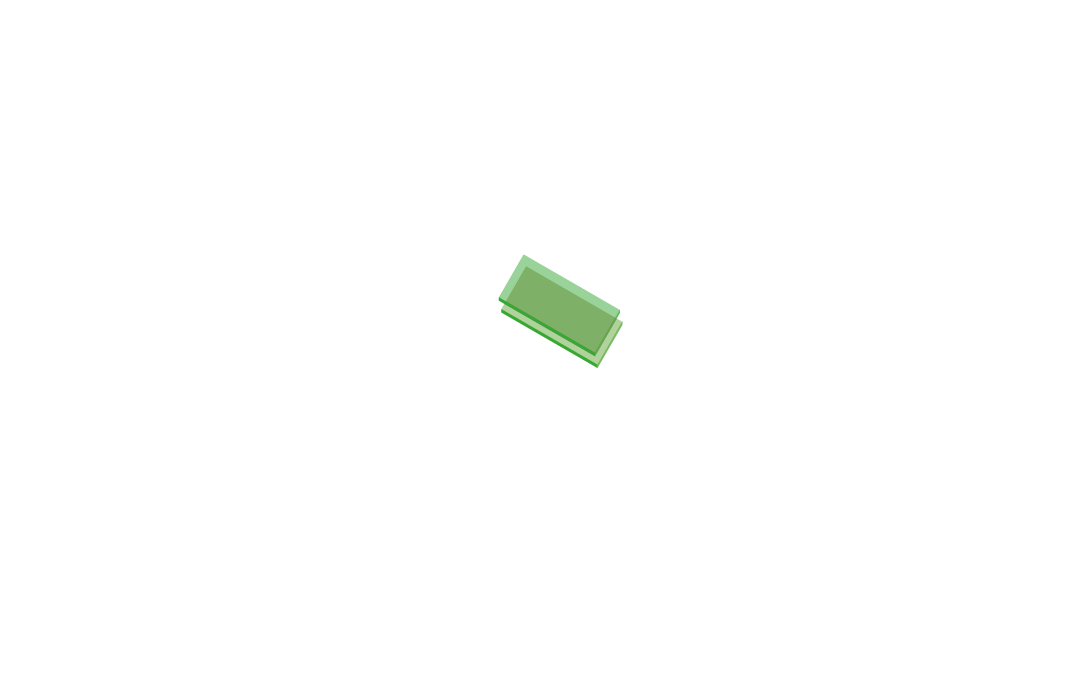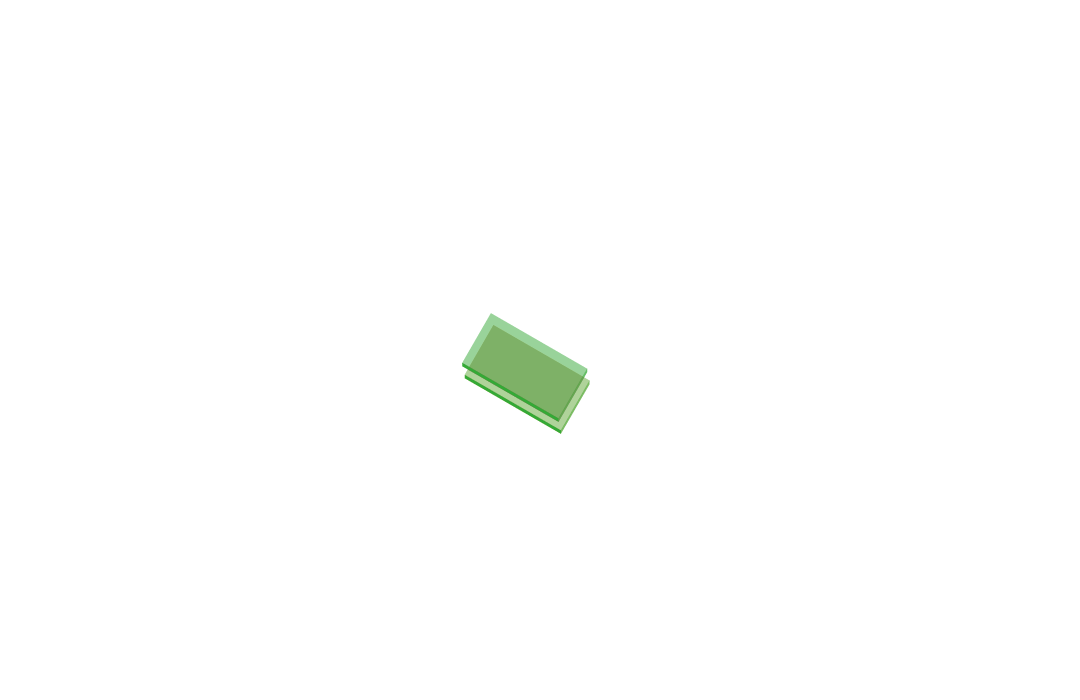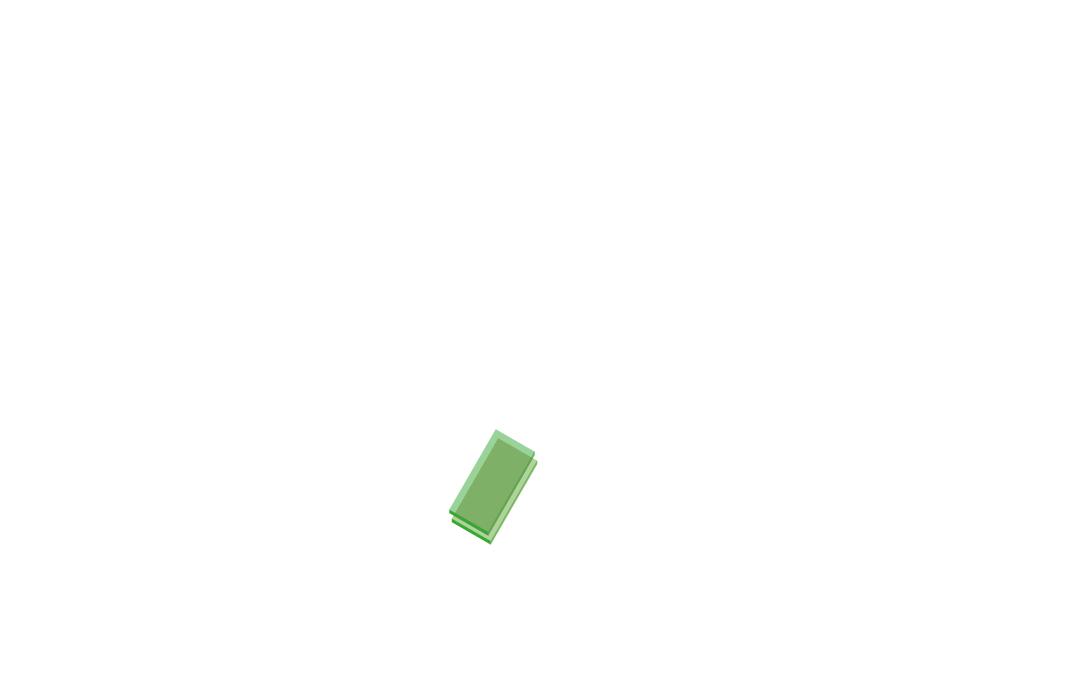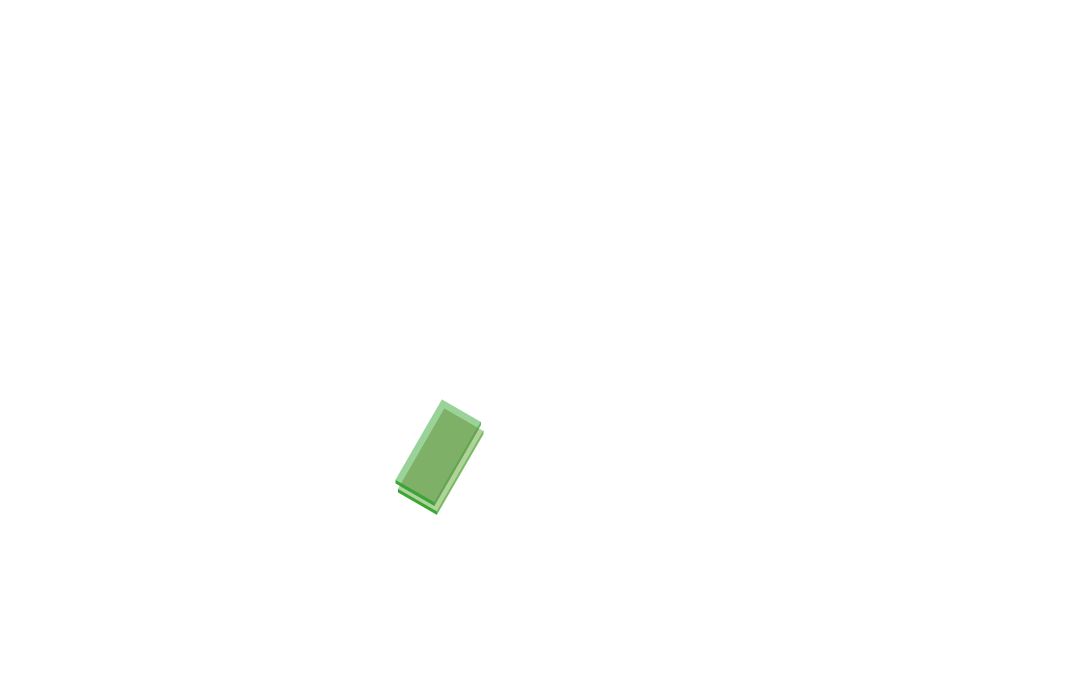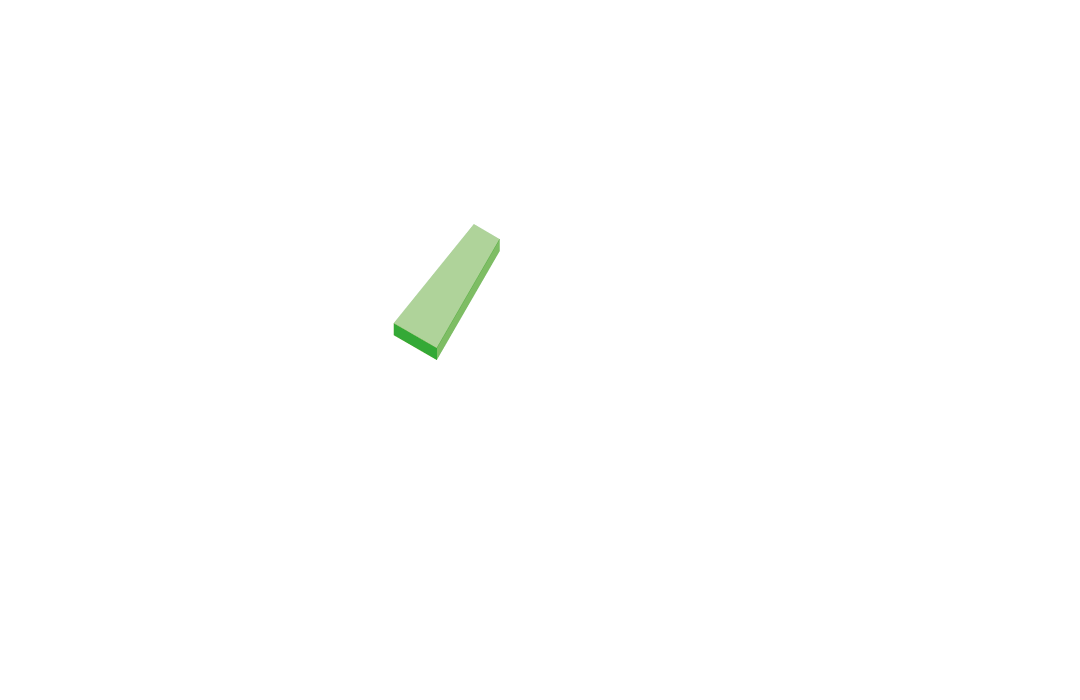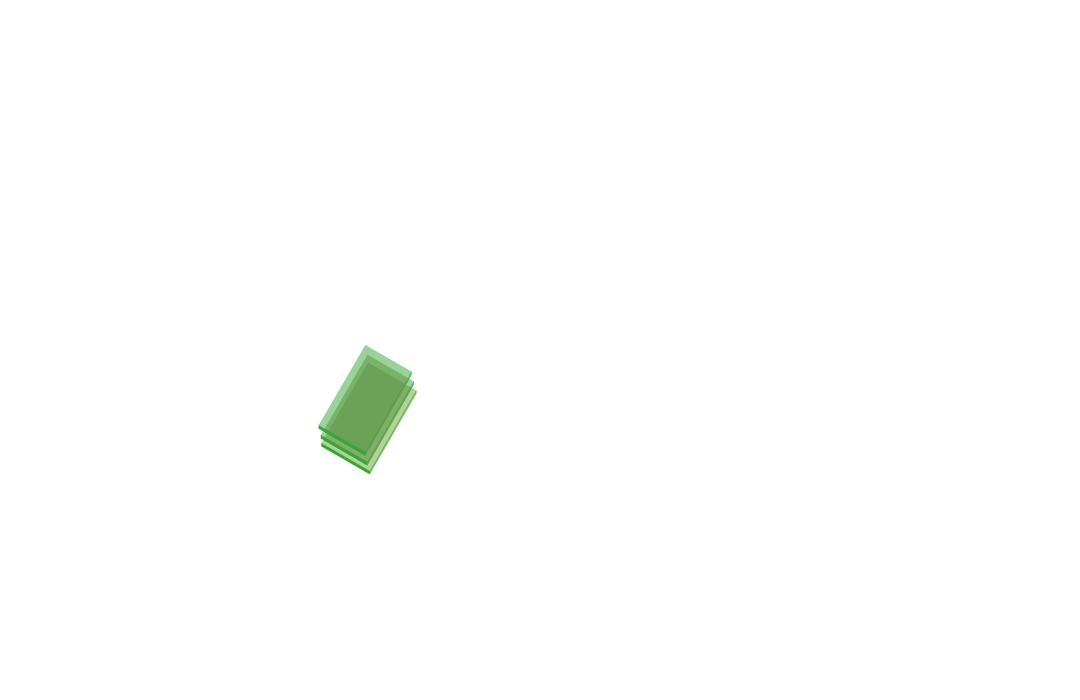
Koelnmesse is the most attractive inner-city exhibition center in Germany.
11
yes
285,000 m² of hall area and 100,000 m² of outdoor space
Trade fairs, exhibitions, corporate events, TV productions, political conventions, general assemblies
Food service
Whether it is a seminar, a conference or a general shareholders’ meeting. Whether it is a trade fair or a unique event in which you create a genuine experience: We work with our catering partners to look after the physical well-being of your guests and visitors – offering delights in all variations, from tiny helpings of finger foods to expansive buffets.
Event Requests
Are you an event planner looking to book your event at one of our locations? Or are you an exhibitor at one of Koelnmesse’s trade fair events in search of suitable premises to complement your stand during the trade fair?
From brainstorming and developing a powerful experience concept to all organisational issues, our sales team is available at sales@koelncongress.de to help you make sure your event receives the attention it deserves.
Or submit your non-binding event request here.
Your contacts
Location
The Koelnmesse grounds are located on the right bank of the Rhine in the Deutz district, i.e. in Cologne’s city centre, conveniently situated between motorway connections and the ICE train station “Köln Messe / Deutz”.
Koelnmesse
Messeplatz 1
D-50679 Cologne
Arrival
Tram line 1
(towards Bensberg) to the “Bahnhof Deutz / Messe” stop
Tram line 9
(towards Königsforst) to the “Bahnhof Deutz / Messe” stop
From here, Entrance South can be reached on foot in approx. 3 minutes.
Tram line 3
(towards Thielenbruch) to the “Koelnmesse” stop
Tram line 4
(towards Schlebusch) to the “Koelnmesse” stop
The “Koelnmesse” stop is located directly in front of Entrance East.
From the central station / cathedral:
Railway lines S6, S11, S12 or S13 (towards Köln-Nippes, Neuss or Worringen) to the “Köln Messe / Deutz” station.
From here, Entrance South can be reached on foot in approx. 3 minutes
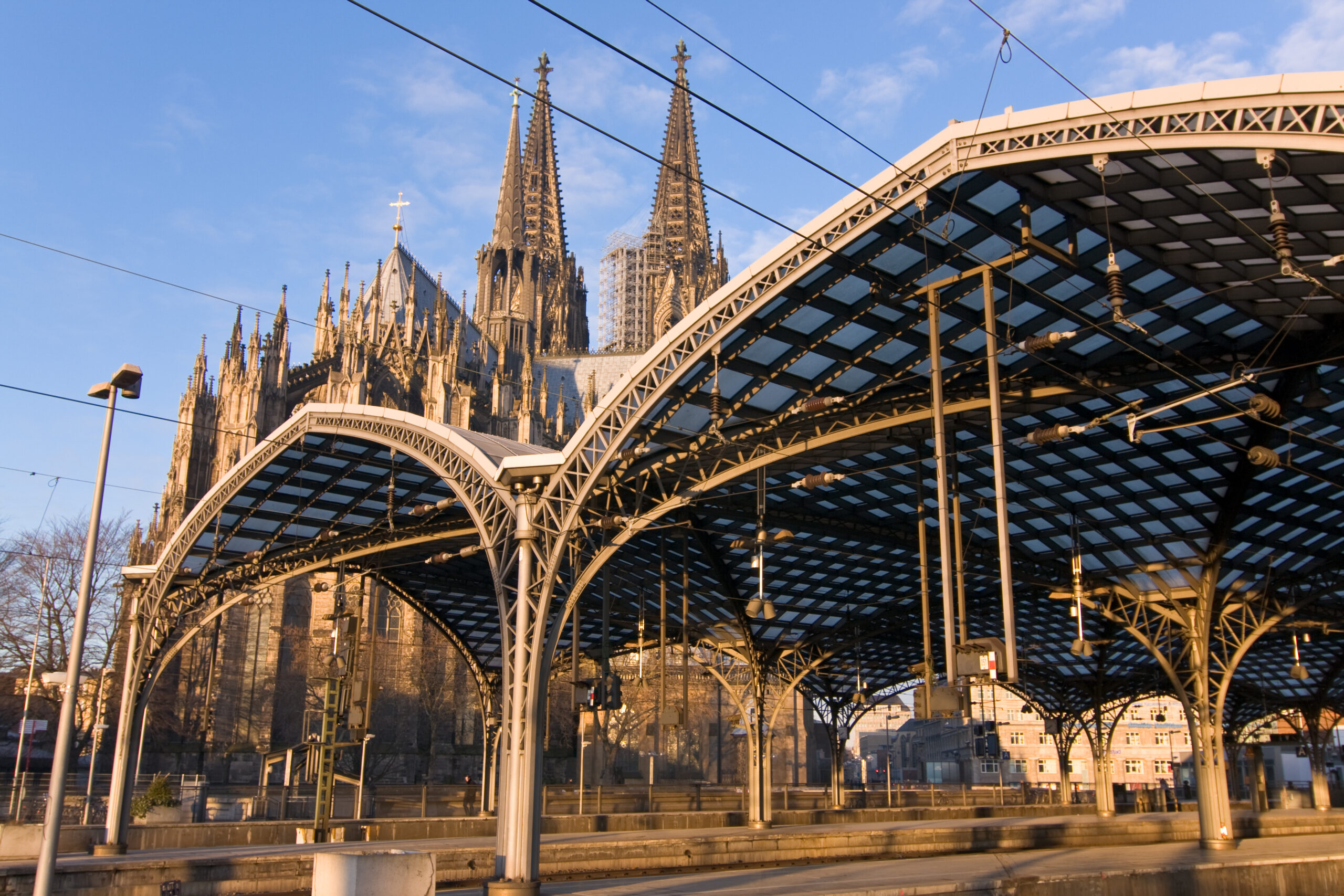
Three international airports in the region can be reached directly via the ICE train station “Köln Messe / Deutz”:
- Frankfurt / Main Airport: 60 minutes drive
- Düsseldorf Airport: 30 minutes drive
- Cologne / Bonn Airport: 15 minutes drive
From Cologne / Bonn Airport:
Railway line S19 (towards Düren) to the “Köln Messe / Deutz” station.
From there it is about a 3-minute walk to the Entrance South.
From Düsseldorf Airport:
Regional Express lines 1 (towards Hamm) and 5 (towards Oberhausen) to the “Köln Messe / Deutz” stop.
From there it is about a 3-minute walk to the Entrance South.
From Frankfurt Airport:
ICE train to the “Köln Messe / Deutz” stop.
From there it is about a 3-minute walk to the Entrance South.
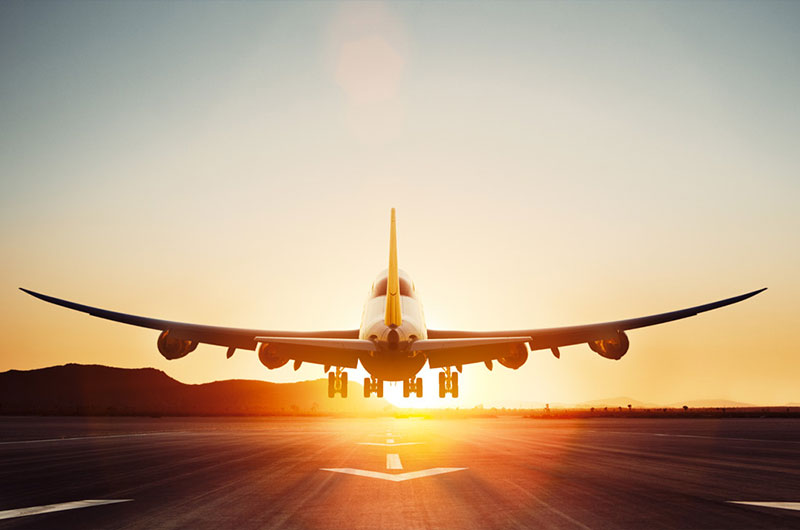
Ten motorways converge in Cologne. With the parking levels on the roofs of the halls and the newly built car park, a total of over 15,000 parking spaces are available within walking distance of the trade fair grounds.
Tip: The NUNAV navigation app is available free of charge to help you get to your parking space with as little traffic as possible. NUNAV is a collaborative navigation system with real-time traffic forecasts that update every second. It uses artificial intelligence to distribute traffic across the entire road network and not just a few main routes. The system guides you directly to your free event parking space while helping you avoiding traffic in the process.
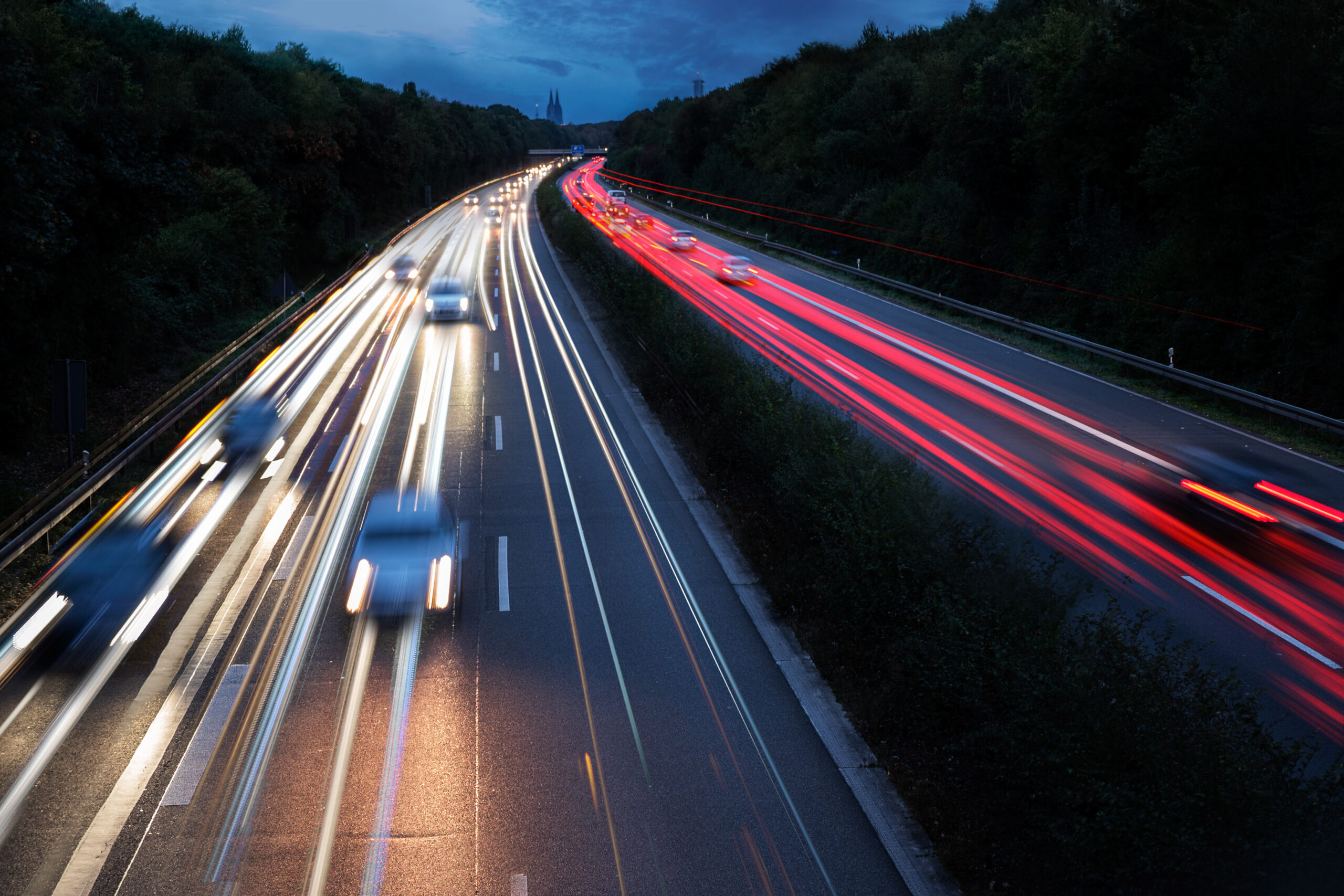
History
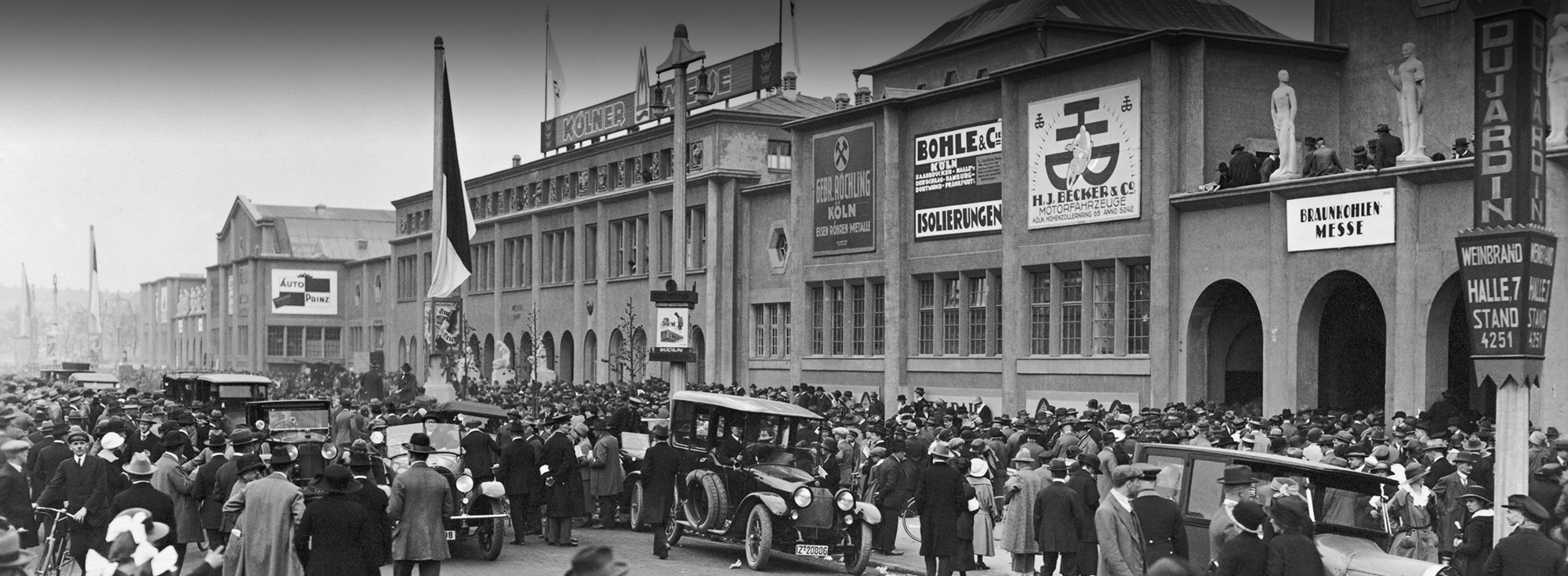
The early 1920s marked the laying of the foundation stone in Cologne for the trade fair company and the trade fair grounds in Cologne-Deutz. The initiative came from Konrad Adenauer, then Lord Mayor of the City of Cologne. The Spring Trade Fair (Frühjahrsmesse) held in 1924 marked the first event. The demand for exhibition space was so high that, by 1926, the grounds had to be enlarged. By 1928, the grounds also included exhibition halls, a new building and a tower: The Rheinhallen, the Staatenhaus and the Messeturm. The new trade fair location was soon known worldwide, thanks to the International Press Exhibition ‘Pressa’ held there in 1928.
When the National Socialists rose to power, trade fair activity took on a strong ideological orientation in the form of propaganda events. During World War II, the exhibition grounds were misused as a camp for persecuted people and prisoners of war; at times, it served as a satellite facility for concentration camps.
Koelnmesse celebrates its 100th anniversary in 2024.
Post-war reconstruction and the economic miracle
Work to rebuild the trade fair grounds began immediately after the end of the war. The first exhibitions and trade fairs were able to be held already in 1947, and by 1950 52,000 m² of hall space had been built. Decision-makers recognised the trend towards specialization in the trade fair sector early on. The trade fairs they brought to the city included photokina, ANUGA, the Cologne Furniture Fair or the Westdeutsche Büro-Fachschau, the forerunner of ORGATEC. Many of these events would go on to become leading trade fairs in their respective industries.
The trade fair company continued to expand: The first foreign subsidiary opened in London in 1950, and by 191 there were 100,000 m² of hall space available in Cologne. Men’s Fashion Week and the Baby trade fair (forerunner to Kind + Jugend) celebrated premières, and the Household and Hardware Fair established itself as a leading meeting for the industry.
Expansion and internationalisation
With modernisation and expansion in mind, the trade fair company in Cologne evolved from an operating company into a holding company. All construction and modernisation measures undertaken since that time have been self-financed. By 1971, the exhibition space had grown to around 160,000 m². The trade fair trend continued unabated. The International Sweets and Biscuits Fair ISM was held for the first time in 1971.
As a provider of international trade fairs with worldwide appeal, Koelnmesse launched its International Service Center in 1981. It has been organising trade fair participation around the globe ever since. The trade fair grounds in Cologne-Deutz grew even more, expanding to include Congress Centre East. There were 230,000 m² of hall space available in 1983. From 1974, the International Art Market was held in the exhibition halls in Cologne; this event would ultimately evolve into ART COLOGNE.
In the 1980s, and in spite of fierce competition, Koelnmesse’s major trade fairs managed to gain a leading role internationally. Congresses were gaining in significance at the same time. With this in mind, together with the City of Cologne, the operating company KölnKongress was established. It has been marketing the congress business for Koelnmesse since 1994 and for Gürzenich Köln since 1997.
Globalisation and digitalisation
In light of globalisation of the markets, Koelnmesse transformed the International Service Center (ISC) into an independent company. This was followed by creation of further subsidiaries, both in Germany and abroad. With an eye to the future, in 1999 Koelnmesse and the University of Cologne founded the Institute of Trade Fair Management and Distribution Research in 1999 for the promotion, in an academic setting, of up and coming trade fair specialists.
Four new exhibition halls were built by 2006: Congress Centre North, Entrance North and the Trade Fair Boulevard. Now with 285,000 m² of hall space and 100,000 m² of outdoor grounds at its disposal, Koelnmesse now has trade fair grounds that rank among the top ten in the world. The German Pavilion organised by Koelnmesse at the Expo in Shanghai in 2010 was the recipient of multiple awards.
Alongside globalisation, digitalisation also has an increasingly important role to play. With gamescom and dmexco in its portfolio, the trade fair grounds in Deutz are evolving into a magnet for new guest events – with new target groups and attractive sectors of industry coming to Cologne.

